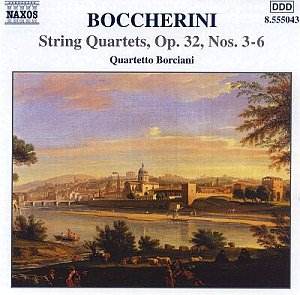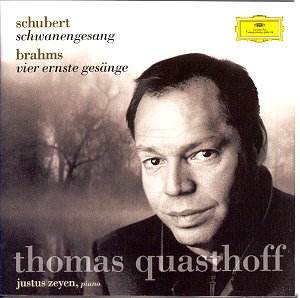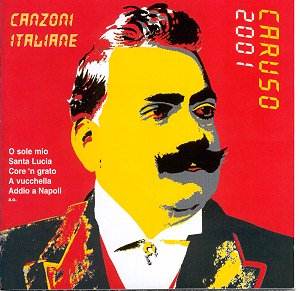 Composer: Luigi Boccherini
Composer: Luigi Boccherini
Works: String Quartets, Op. 32 Nos. 3-6
Performers: Fulvio Luciani (violin), Elena Ponzoni (violin), Roberto Tarenzi (viola), Claudia Ravetto (cello)
Recording: DDD: recorded 11-13 July 2000 in the Baroque Hall of the S.M.C. Studio, Ivrea, Italy
Label: NAXOS
Luigi Boccherini, often overshadowed by his illustrious contemporaries Haydn and Mozart, carved a unique niche in the string quartet repertoire, particularly in the late 18th century. His Op. 32 quartets, composed in 1780, stand as a testament to his ability to blend a lyrical sensibility with intricate textures, providing a rich landscape for both performers and listeners. This recording by the Quartetto Borciani presents an engaging opportunity to delve into Boccherini’s world, where charm and elegance take precedence, yet never at the expense of musical substance.
The Borciani Quartet approaches these works with a commendable blend of technical proficiency and interpretative insight. In the String Quartet in D major, Op. 32 No. 3 (G203), the ensemble’s dynamic contrasts are particularly striking. The outer movements are marked by buoyant energy, characterized by a playful dialogue between the first violin and cello, which the performers execute with vivacity and flair. The Andante, however, reveals deeper emotional currents, with the second violin and viola weaving an intricate tapestry that complements the cello’s lyrical lines. The Quartet’s ability to shift seamlessly between spirited passages and moments of introspection exemplifies their understanding of Boccherini’s stylistic nuances.
Throughout the four quartets in this collection, the interpretation choices made by the Borciani Quartet highlight the elegance of Boccherini’s melodic lines while maintaining the structural integrity of each piece. In the String Quartet in G minor, Op. 32 No. 5 (G205), the performers embrace a more somber palette, with a slower tempo that allows for a poignant exploration of the work’s emotional landscape. The poignant interplay during the slow movement is particularly noteworthy, where the violins’ soaring lines are beautifully complemented by the rich, resonant tones of the viola and cello.
The recording quality is commendable, with a clarity that allows each instrument’s character to shine through without overshadowing the others. The acoustic of the Baroque Hall in Ivrea lends a warmth to the sound, enhancing the rich harmonic textures that Boccherini is known for. The spaciousness of the recording allows for a satisfying depth, particularly evident in the resonant lower strings, which are often neglected in performances of this repertoire.
When compared to other notable recordings, such as those by the Esterházy Quartet or the Nomos Quartet, the Borciani Quartet brings a fresh perspective that balances historical authenticity with a contemporary sensibility. While the Esterházy Quartet’s interpretations may lean towards a more historically informed performance practice, the Borciani Quartet offers a more lyrical and expressive approach that may appeal to listeners seeking a vibrant musical experience.
The Naxos release of Boccherini’s String Quartets, Op. 32 Nos. 3-6 is not merely an addition to the catalog; it is a vital exploration of a composer who deserves greater recognition. The Borciani Quartet’s performance is both polished and engaging, inviting listeners to appreciate the subtleties of Boccherini’s writing. With nearly 79 minutes of music, the recording provides ample opportunity for discovery, making it an invaluable resource for both aficionados and newcomers to the string quartet repertoire. The balance of charm, technical skill, and interpretative depth positions this recording as a significant achievement in the ever-expanding discography of Boccherini’s music.



